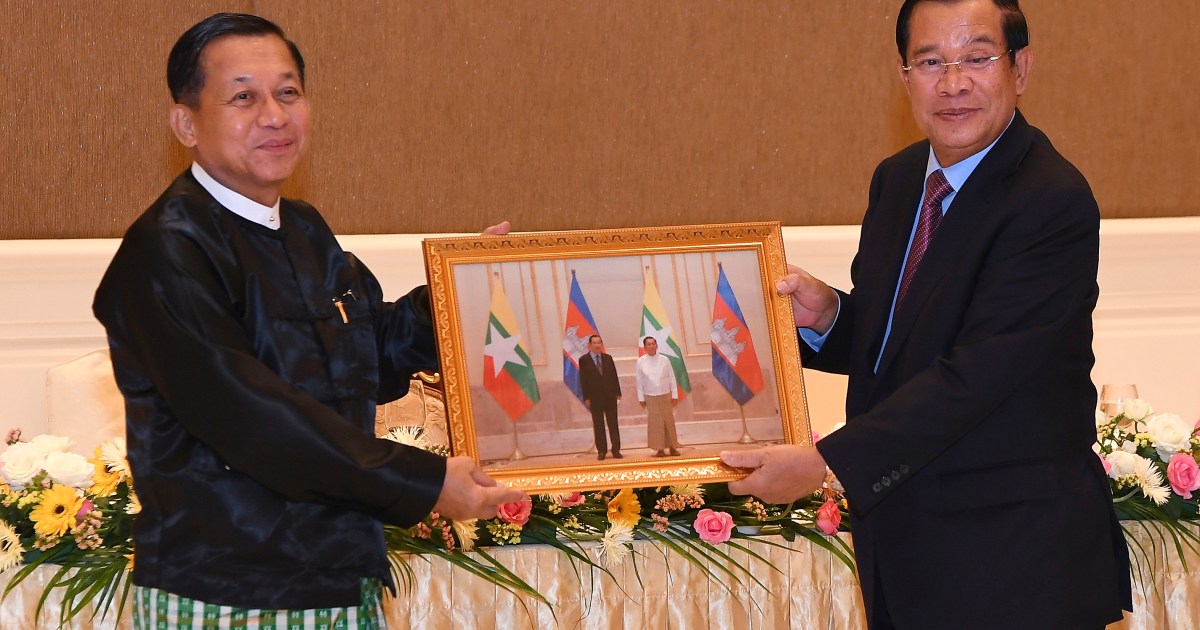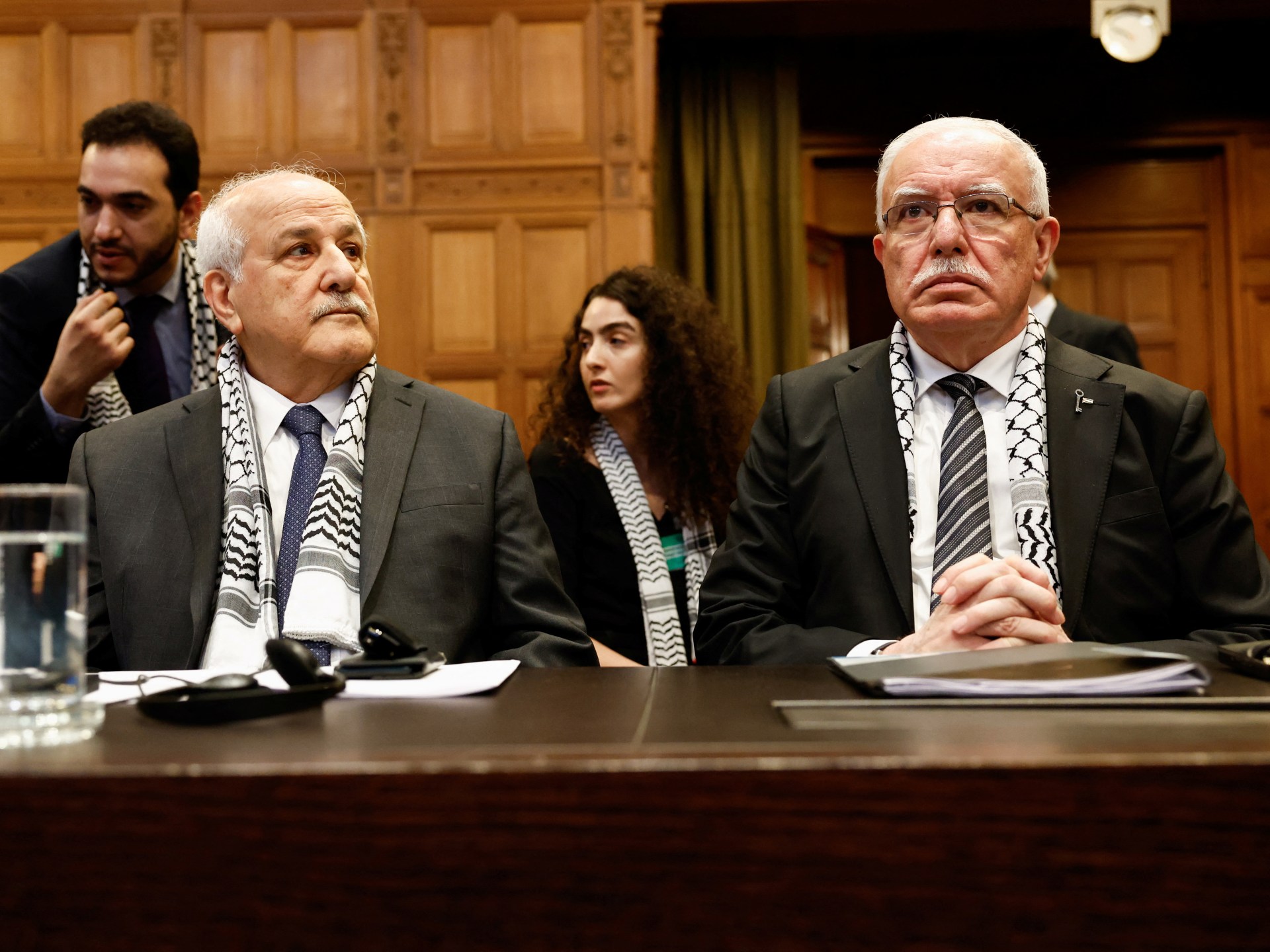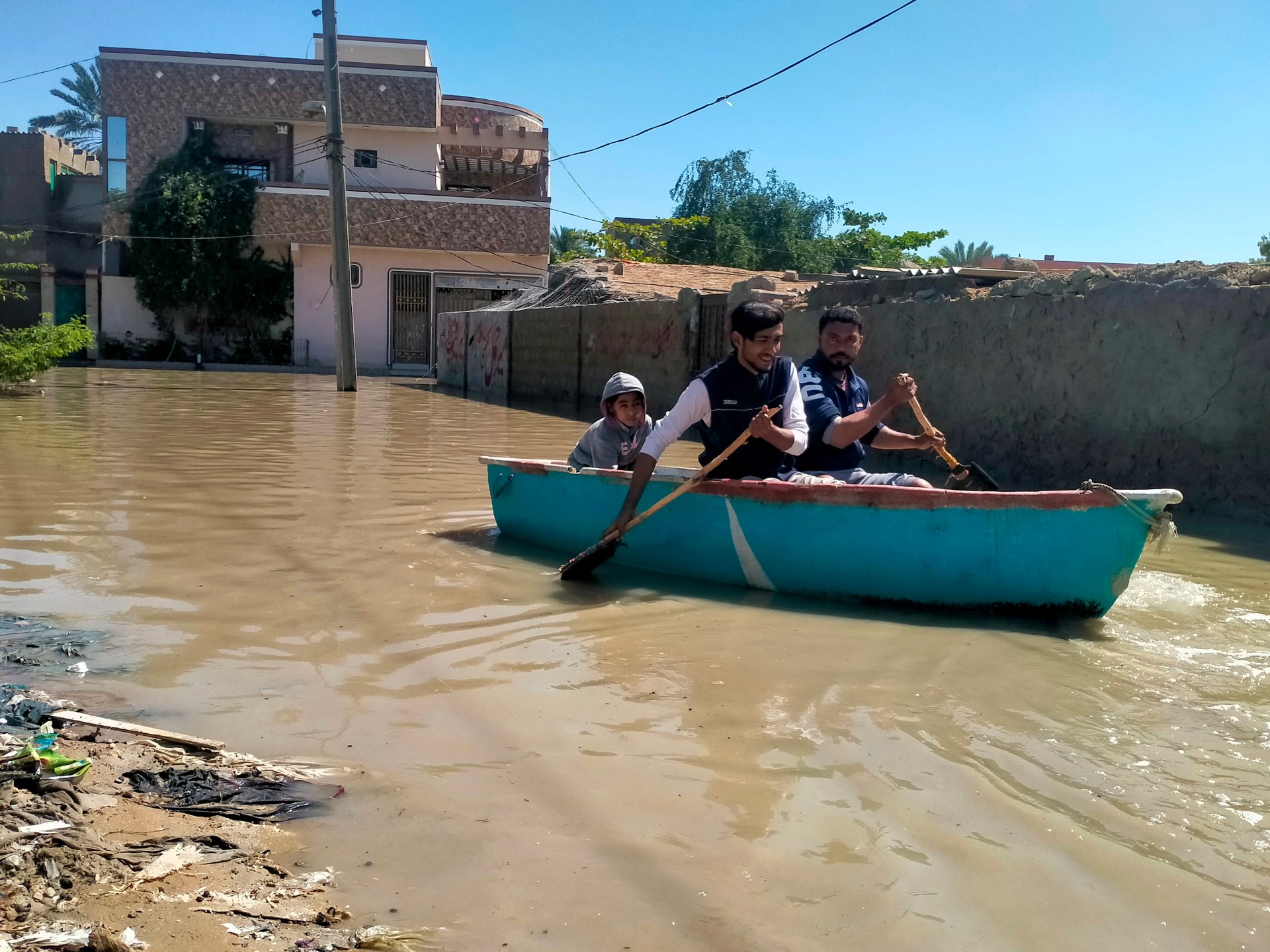Misreading the room: Why Hun Sen is failing on Myanmar
When Cambodian Prime Minister Hun Sen became the first head of state to visit Myanmar since the military seized power in a coup last year, he seemed to think he would be able to bring the generals back into the Association of Southeast Asian Nations (ASEAN) despite the country’s worsening humanitarian crisis.
“I am thinking whether we should keep ASEAN nine or ASEAN 10, because, in the recent ASEAN Summit, we have only nine, this is a problem,” he said ahead of the January trip.
In an unprecedented move, the group excluded Myanmar’s coup leaders from its annual summit and a special summit with China in 2021, because they failed to make progress on an ASEAN-brokered peace plan, which included an end to violence and negotiations with all parties.
The military is believed to have killed more than 1,700 civilians since seizing power, sparking a broadening civil war. It has also declared the National Unity Government (NUG) – set up by elected politicians thrown out of office by the generals – a terrorist organisation, locked up civilian leader Aung San Suu Kyi in an undisclosed location, and refused to allow ASEAN representatives to meet either her or the NUG.
Many feared Hun Sen would try to rehabilitate the military and its leader, Senior General Min Aung Hlaing – his visit was met with protests and statements of condemnation – but he came away empty-handed.
In February, a frustrated Hun Sen said there were only 10 and a half months left of his 12-month tenure as ASEAN chairman, and suggested the next chair, Indonesia, should solve the crisis.
“I’m in a situation where I’m damned if I do and damned if I don’t, so just let it be,” he complained.

So where did it all go wrong?
On paper, the two men seem similar.
Both come from a military background. In Min Aung Hlaing’s case, the Myanmar military; in Hun Sen’s case, the Khmer Rouge. Both are ruthless dictators who have staged coups, overseen massacres and mass arrests of peaceful political dissidents, and strangled civil society and the free press.
But analysts say the two men are very different.
Where Hun Sen is seen as a practical and savvy political operator, Min Aung Hlaing is seen as stubborn and irrational – unwilling to make minor concessions, even when it is in his interests to do so.
Sebastian Strangio, author of Hun Sen’s Cambodia, says Phnom Penh’s ruler is a pragmatist compared with Min Aung Hlaing.
“Hun Sen’s long career has been marked by a thin adherence to any particular ideology aside from his own survival and preeminence, and he has always demonstrated an ability to make pragmatic adjustments and engage in tactical retreats as circumstances require,” he told Al Jazeera.
Strangio points out that while Hun Sen has made concessions and promises to relieve international pressure he is often simply “manipulating Western perceptions in order to sustain the benefits of their patronage while securing his hold on power”.
That hold on power has lasted for 37 years, making Hun Sen the longest-serving prime minister in the world and one of the longest-serving heads of state.
Unlike Hun Sen, Myanmar’s generals do have “deeply-held beliefs” and principles, according to academic Andrew Selth, an adjunct professor at Griffith Asia Institute in Australia. In a recent paper, Myanmar’s Military Mindset, Selth argues the junta’s commitment to the “three national causes” of stability, unity and sovereignty are not just “empty propaganda slogans”.
The military’s behaviour is also informed by insecurity – a “pervasive sense of vulnerability in the face of larger and more powerful countries”, such as neighbouring China and India – and Myanmar’s humiliating colonial past.
“If there is one issue that stands out from this complicated picture, it is the generals’ lack of trust. They are deeply suspicious of everyone, their so-called friends and foes alike,” Selth writes.
Before the country’s short-lived shift towards democratisation, Myanmar spent decades under military rule after General Ne Win seized power in a coup in 1962.
Compared with Hun Sen, Strangio notes the Myanmar generals have taken a “more hard-headed approach”, willing to “suffer isolation from the west and bear the brunt of sanctions, whatever the costs to its economy and people”.
Myanmar political analyst Khin Zaw Win agrees the differences between the two strongmen are stark.
“One might safely assume that both Hun Sen and Min Aung Hlaing have the same intention – to hold on to absolute power by whatever means it takes. But there the similarity ends,” he said.
Khin Zaw Win says Hun Sen is “a much more sophisticated operator” than the generals. “Compared to him the Myanmar junta is a collection of murderous, cretinous thugs,” he said.
He also argues it is a mistake for the world to view Myanmar’s military as a “normal” institution. “The whole junta does not comprehend international norms of behaviour,” he warned.
Selth variously describes the generals’ mindset as “peculiar,” “chauvinistic and conservative” and as a “fortress mentality”. He argues that despite many attempts to study the military, the institution remains “little known and poorly understood”, making it difficult for foreign governments to exert pressure on the regime.
Misreading the situation
Strangio says despite Hun Sen’s political acumen, he “clearly misread the situation in Myanmar”.
“He presumably imagined that a direct approach to Min Aung Hlaing, and the inducement of a path back to ASEAN, would result in some tangible progress that would help burnish his international reputation during his last year in charge of the bloc. I think he was genuinely taken aback by the junta’s clear lack of interest in any compromise,” he said.
Perhaps Hun Sen’s greatest political achievement, one that he frequently referenced in the lead-up to his Myanmar trip, was the implementation of his “Win-Win Policy” in 1998. This compromise convinced the remnants of the Khmer Rouge to finally lay down their arms, ending decades of civil war, because they were allowed to keep their ranks and properties.
In contrast, Selth argues that “Myanmar does not have a strong tradition of compromise”, particularly within the military’s battlefield mentality.
“Battles are either won or lost, with the cost counted only after victory has been declared. This means that only one side can emerge from negotiations as the winner. The other must be the loser,” he wrote.
Veteran Cambodian political analyst Lao Mong Hay says Hun Sen’s experience in Myanmar was an embarrassment for the long-serving prime minister.
“The 2022 ASEAN Chair looks more like an apprentice barber going his own way to give an uncooperative man with matted natural hair a gentleman’s haircut,” he said, adding that Hun Sen failed to do “thorough groundwork” before meeting Min Aung Hlaing.
Lao Mong Hay predicted Hun Sen’s failure would leave him with little appetite to continue pursuing a compromise with the generals.
“Once bitten, twice shy, now that his bold attempt has ended up with nothing,” he said.
What about Myanmar?
While Hun Sen’s comments about giving up on Myanmar appear to have been a slight exaggeration, Cambodia has tempered its expectations.
Cambodian foreign minister and newly-appointed ASEAN Special Envoy on Myanmar, Prak Sokhonn, visited the country in March, without any meaningful breakthrough. He failed to meet with any major stakeholders outside of the military regime, as is required by ASEAN’s five-point consensus, and secured no concessions from the military.
After the trip, Sokhonn said it was clear the various sides were “not yet ready for these negotiations” and repeated Hun Sen’s suggestion that the crisis would not be solved during Cambodia’s chairmanship.
The regime was blocked from attending an ASEAN foreign ministers’ retreat in Phnom Penh last month and will probably continue to be excluded until it makes progress on the five-point consensus, which it has shown little inclination of doing.
Hun Sen’s “cowboy diplomacy” has exposed other rifts in ASEAN, and a spat with Malaysian foreign minister Saifuddin Abdullah, who expressed his concern about the trip to Myanmar.
“We also feel that because he has already assumed the chair of ASEAN, he could have probably consulted if not all, a few other ASEAN leaders and seek their views as to what he should do if he were to go to Myanmar,” Saifuddin said in January. In response, Hun Sen lashed out, calling the foreign minister “insolent” and undiplomatic.

Malaysia, Indonesia and Singapore have been the most outspoken critics of the Myanmar military regime within ASEAN.
“Partly [Hun Sen] overestimated how the junta would respond to direct engagement; partly, it reflects the extent of the resistance within ASEAN to Cambodia’s attempt to rehabilitate the junta and bring it back into the ASEAN fold,” Strangio said.
Hun Sen seemingly smoothed things over with Malaysia last month, meeting Prime Minister Ismail Sabri Yaakob in Phnom Penh. When a reporter asked about the rift with Malaysia, Hun Sen said “everything has already been solved”, but then angrily ended the press conference early.
Aaron Connelly, Southeast Asia research fellow at the International Institute for Strategic Studies, believes there is a new “dynamism in ASEAN diplomacy” that appears to be largely driven by Malaysia and Saifuddin. Connelly credited Saifuddin for the junta’s exclusion from the February foreign ministers’ retreat, saying Saifuddin “continues to push the boundaries of what is possible within ASEAN diplomacy on Myanmar”.
ASEAN has long been known for its refusal to intervene in member states’ domestic affairs. Myanmar joined the organisation in 1997 under a previous military dictatorship, and remained a full member throughout its violent crackdown on protests in 2007 and its 2017 campaign against the Rohingya, which the US recently declared a genocide.
But the coup may have been a bridge too far.
“[The military’s] legitimacy in its own neighbourhood is ebbing away much more quickly than most expected,” Connelly said.
Selth warns that an isolated and pressured military government may simply dig in harder.
“It has become a point of honour among the generals not to show any weakness or lack of resolve. A readiness to compromise, even to maintain the pretence of a dialogue, could be painted as a betrayal of important principles. The greater the pressure applied by the international community, the more resistant the regime seems to become,” he wrote.




